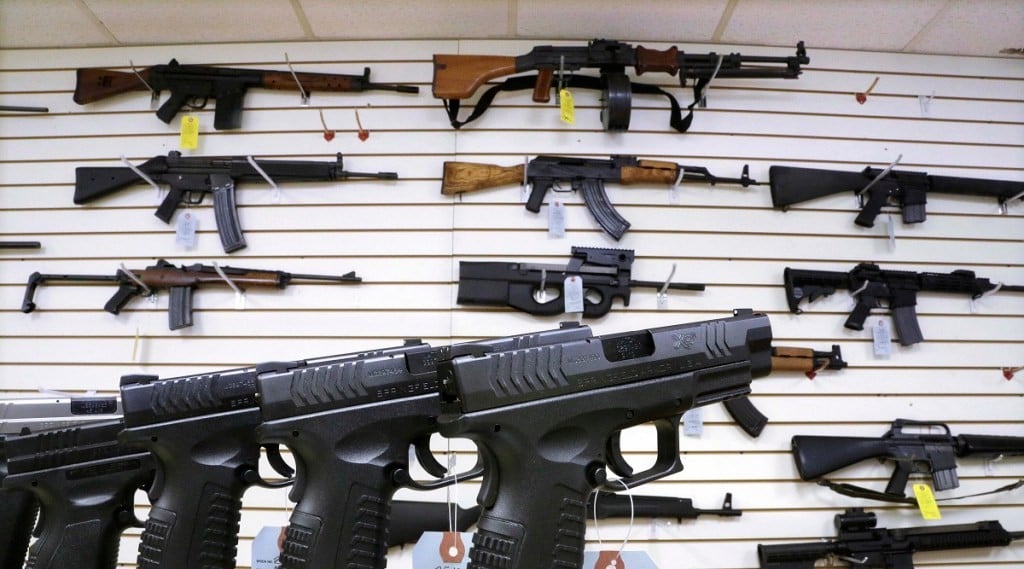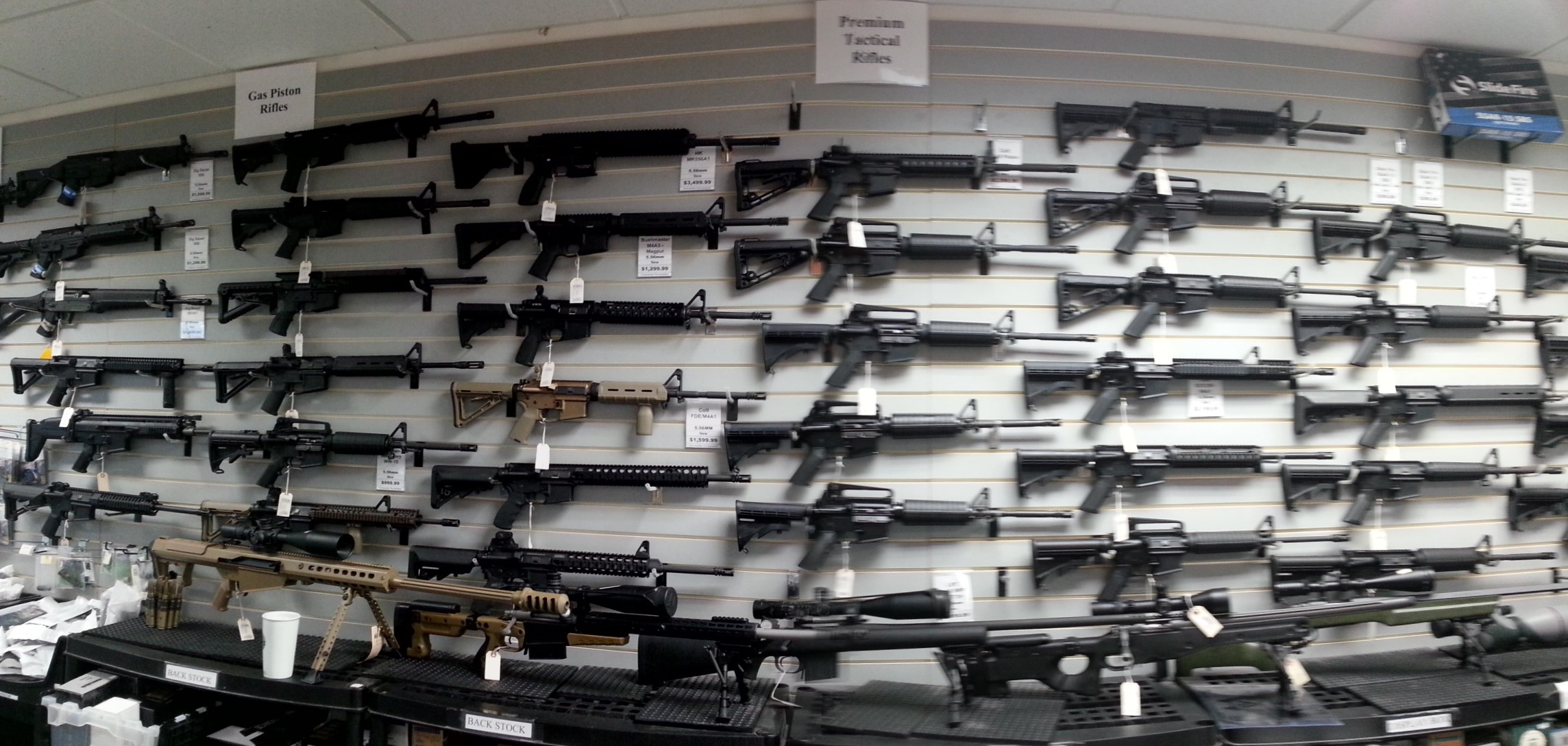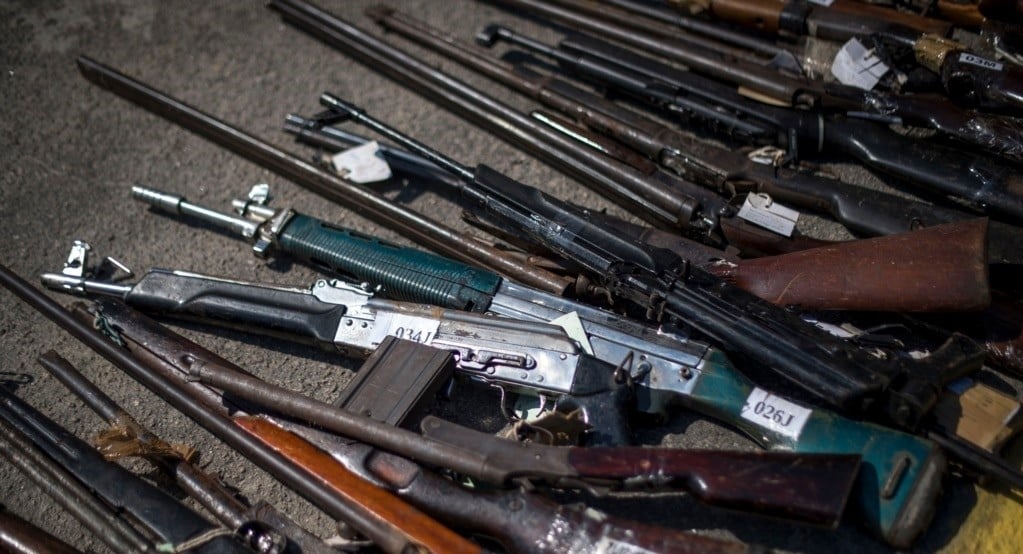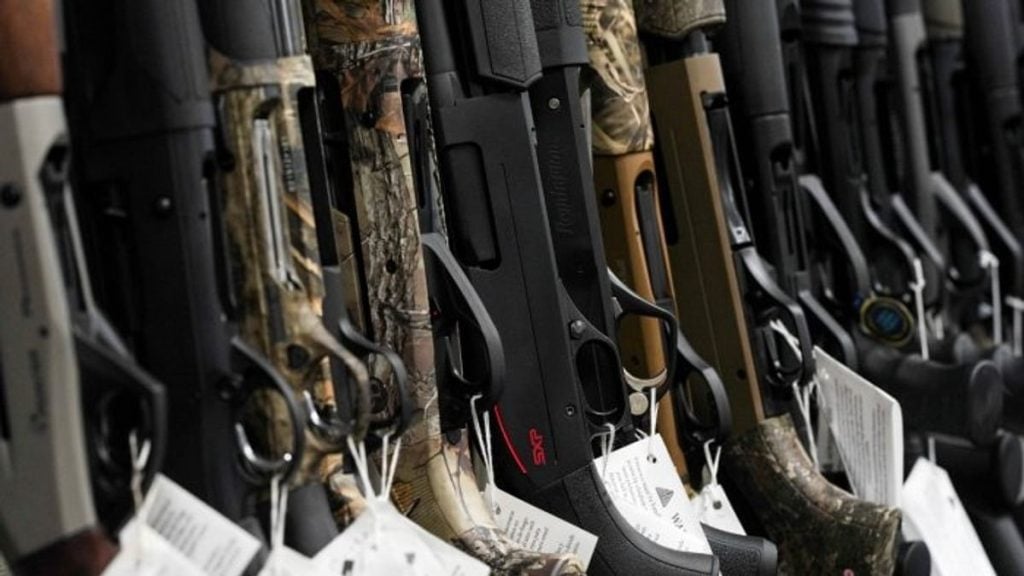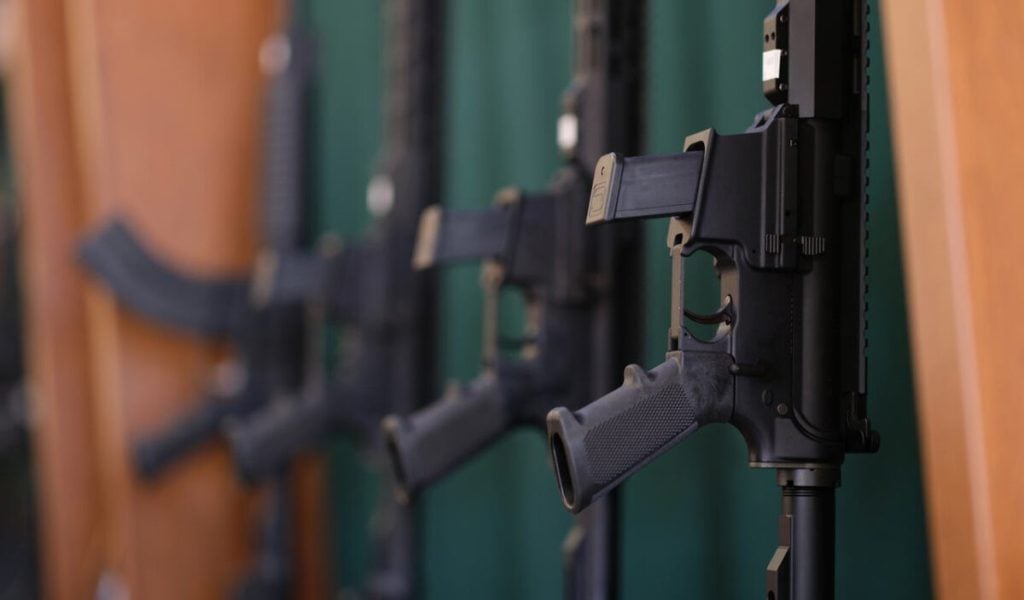In the intricate tapestry of international relations, the global arms trade plays a pivotal role, shaping the geopolitical landscape and the balance of power. As nations strive to maintain their security and assert their influence, the demand for military hardware remains insatiable.
This article delves deep into the top 10 Nations with the Highest Arms Imports, analyzing the factors behind their substantial defense procurement and the intricate web of international alliances that fuel this industry.
1. India
India has long been a dominant force in the global arms import market, holding the position of the world’s largest importer of major arms since 1993. Driven by its ongoing tensions with neighboring countries like Pakistan and China, India’s thirst for military might has only grown stronger. Between 2014-18 and 2019-23, the country experienced a 4.7% increase in arms imports, maintaining its formidable 9.8% share of the global total.
Russia has traditionally been the primary supplier of arms to India, but its dominance has gradually waned. While Russia still accounts for 36% of India’s arms imports, France has emerged as a significant player, supplying 33% of India’s military hardware during the 2019-23 period. This shift reflects India’s strategic diversification of its defense partnerships, a move aimed at reducing its reliance on a single supplier and bolstering its security capabilities.
5 Fighter Jets Leading US Aggressor Squadron Training
2. Saudi Arabia
As a major regional power, Saudi Arabia has consistently ranked as the world’s second-largest arms importer, driven by its concerns regarding regional stability and the need to maintain military superiority. During the 2019-23 period, the kingdom accounted for an impressive 8.4% of global arms imports, with the United States emerging as its primary supplier, accounting for a substantial 75% of its acquisitions.
3. Qatar
Qatar’s rapid rise as a regional power in the Middle East has necessitated substantial defense procurement, propelling it to become the world’s third-largest arms importer. Between 2014-18 and 2019-23, Qatar’s arms imports surged by an impressive 396%, with the United States (45%) and France (25%) emerging as its top suppliers, followed by Italy (15%).
4. Ukraine
The ongoing conflict with Russia has thrust Ukraine into the spotlight as the world’s fourth-largest arms importer. Since the full-scale Russian invasion in February 2022, Ukraine has received major arms support from at least 30 states, with the United States (39%), Germany (14%), and Poland (13%) leading the charge.
5. Pakistan
Pakistan’s long-standing security concerns have fueled its demand for arms, making it the fifth-biggest arms importer globally. Between 2014-18 and 2019-23, the country’s arms imports increased by 43%, with China emerging as its primary supplier, accounting for over 82% of its acquisitions during the 2019-23 period.
6. Japan
Japan’s pacifist constitution and its need to address regional security challenges, particularly in the face of growing tensions with China, have made it a significant arms importer. The country has seen a 155% increase in its arms imports between 2014-18 and 2019-23, with the United States representing a staggering 97% of its acquisitions during the latter period.
7. Egypt
Egypt’s geographical location, regional instability, and counterterrorism efforts have contributed to its status as one of the largest arms importers in Africa and the Middle East. While the country experienced a 26% decrease in its arms imports between 2014-18 and 2019-23, it remains a significant player, with Germany (27%), Italy (22%), Russia (20%), and France (17%) as its primary suppliers.
5 Top Aircraft in the US Army Fleet
8. Australia
Australia’s arms import is largely driven by a perceived heightened threat from China, particularly in the Asia-Pacific region. The country experienced a 21% drop in its arms imports between 2014-18 and 2019-23, with the United States remaining its dominant supplier, accounting for 80% of its acquisitions.
9. South Korea
South Korea’s precarious security situation due to the persistent threat from North Korea has led to consistent arms imports, as the country seeks to maintain a credible deterrent and ensure the readiness of its armed forces. Between 2014-18 and 2019-23, South Korea saw a 6.5% increase in its arms imports, with the United States delivering 72% of its military hardware during the latter period.
10. China
Although China has made remarkable strides in developing its indigenous defense industry, it remains a significant arms importer, seeking to supplement its domestic production with advanced weapon systems and technology. However, the country has experienced a 44% decline in its arms imports between 2014-18 and 2019-23, with Russia emerging as its dominant supplier, accounting for 77% of its acquisitions.
Top 5 Nations Developing 6th Gen Fighters
Conclusion
The global arms trade continues to be a complex and ever-evolving landscape, shaped by the interplay of geopolitical tensions, regional power dynamics, and the pursuit of military superiority. The top 10 largest arms importers in the world in 2024 – India, Saudi Arabia, Qatar, Ukraine, Pakistan, Japan, Egypt, Australia, South Korea, and China – each represent a unique set of strategic priorities and defense procurement patterns, reflecting the diverse and multifaceted nature of international security concerns.
As the global arms trade continues to evolve, the shifting alliances, technological advancements, and the ongoing quest for military dominance will undoubtedly shape the future of this industry, with far-reaching implications for the balance of power and the stability of the international order.
FAQs
1. Who is the largest importer of arms in the world?
According to the Stockholm International Peace Research Institute (SIPRI), India was the world’s leading arms importer from 2019 to 2023, with imports increasing by 4.7% compared to the 2014-2018 period.
2. Which country buys arms from India?
India provides arms to more than 85 countries, including Italy, the Maldives, Russia, Sri Lanka, the United Arab Emirates (UAE), the Philippines, Saudi Arabia, Poland, Egypt, Israel, Spain, Chile, and several others.
3. What weapons does India buy from Russia?
Russian joint ventures with India also involve the production of 35,000 Kalashnikov AK-203 assault rifles for the Indian Army, licensed manufacturing of advanced T-90 tanks and Sukhoi Su-30MKI fourth-generation fighter jets, as well as maintenance facilities for India’s MiG-29 fighter jets.
4. How many guns are owned in India?
As of 2016, India has 3,369,444 active firearm licenses, with 9,700,000 firearms registered. The Small Arms Survey estimates that there are 61,401,000 illegal firearms in the country.
5. Does India have gun factory?
The Gun and Shell Factory in Kolkata is a comprehensive engineering facility specializing in the production of ammunition hardware and ordnance stores for the army, navy, and various civilian sectors.
